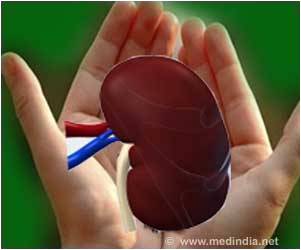Six months prior to his unfortunate death, homosexual teenager had signed up to become an organ donor.

A letter received by Moore, listed details of what happened to her son's organs. The letter stated, a 14-year-old boy was able to receive AJ's heart; his kidneys, liver, heart and lungs were also donated. But then, it said that his eyes have been rejected from donation because he was gay.
The U.S. Food and Drug Administration (FDA) regulates that since 1977, or about the beginning of the AIDS epidemic, any donor believed to have a risk for communicable diseases, like HIV, can not donate his or her eyes along with other tissue, specially pointing to men who have sex with other men. Despite improvements in infection detection technology, this position has not changed.
The devastated teenager's mother said, "My initial feeling was just very angry because I couldn't understand why my 16-year-old son's eyes couldn't be donated just because he was gay."
Various national medical organizations have been publicly critical of the FDA law, calling this regulation as discriminatory and efforts are underway to try and change it.
A Director at Harvard Law School, Glenn Cohen said, "We think it's time for the FDA to take a serious look at its policy, because it's out of step with peer countries, it's out of step with modern medicine, it's out of step with public opinion, and we feel it may be legally problematic."
AJ's mother hopes that one day the eyes of her son will help someone see again, but till then calls the regulation "archaic."
Source-Medindia












